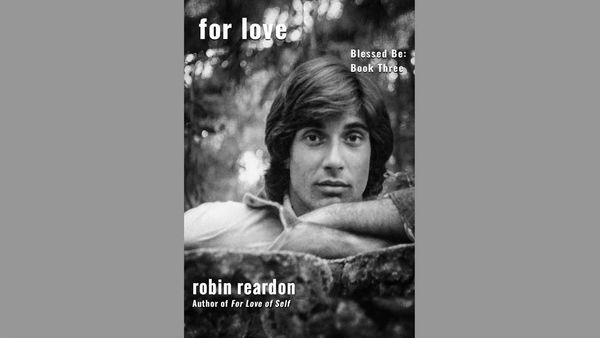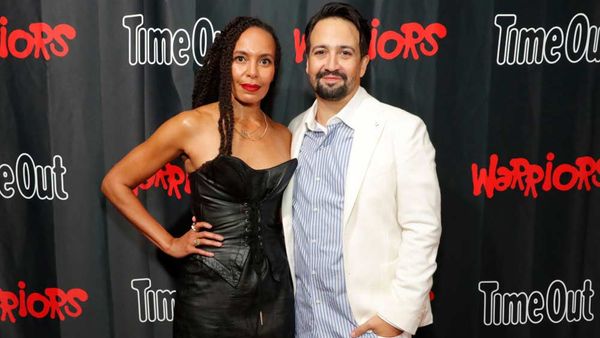October 22, 2014
Tinseltown: Murder, Morphine, and Madness at the Dawn of Hollywood
Lewis Whittington READ TIME: 2 MIN.
"Tinseltown" is William J Mann's account of the complicated real life Hollywood cold-case murder of gay silent film actor-director William Desmond Taylor. The book opens a la film noir, with a starlet tearing through North Hollywood in her roadster, seemingly fleeing, then we cut to Taylor's dead body being discovered by his gay valet's in the director's bungalow, Mann leaves us there and flashes back, cinematically, to the months leading up to the murder.
This is not just the story of Taylor's demise, but an expos� of 1920s Hollywood moguls and grifters, starlets and pimps, drugs and sex, some stars enjoying thriving careers, some on the lam from the law. Mann digs into the grittiness with a sweaty private eye style. The prose flashiness is not at the expense of his being a consummate Hollywood historian in a defining period of American movie-making. He vividly corrects sensationalist lore from this all but forgotten era.
Mann had previously written about the Taylor, in "Behind the Screen: How Gays and Lesbians Shaped Hollywood." And his book "Wisecracker" about openly gay silent film star William Haines, is a Lambda Award winner.
The glamor of early Hollywood mostly masked an exploitative, cut-throat, volatile film industry as millions of Americans flocked to movie houses every week, clamoring to see silent film stars Mary Pickford, Gloria Swanson, Charlie Chaplin and Douglas Fairbanks.
Not so lustrous were the tawdry careers of screen sirens Margaret Gibson, Mary Miles Minter and the most famous, Mabel Normand, all doing desperate things to survive in a scabrous industry. They are were implicated in Taylor's murder, who was a respected director and industry spokesman.
Taylor, though, was hiding many secrets that could derail his career, which made him a ripe target for blackmailers. He not only had a hidden away wife and daughter, he was leading a not so quiet gay life. After Taylor was murdered, his double-life including his visits to 'queer' places, exploded in the press.
Meanwhile, the government, clergy and civic groups were busy painting Hollywood as a modern day Sodom with drugs, sex and violence the way of life. Yowza! With new censorship laws threatening to cut into revenues and William Hayes newly installed as arbiter of film propriety.
Mann pieces all of these aspects together to unravel one complex real-life thriller. The noirish narrative techniques he uses run out of steam at points, but on its own terms "Tinseltown" is as hot as a recently fired .38 caliber cocktail pistol.
Lewis Whittington writes about the performing arts and gay politics for several publications.





